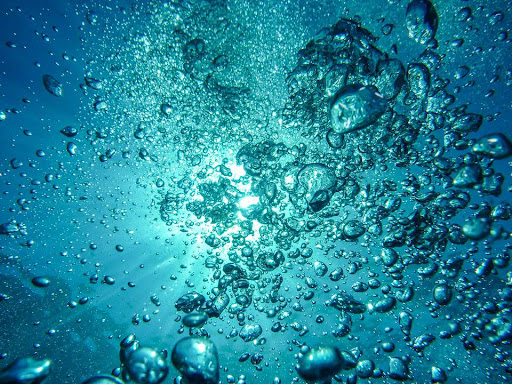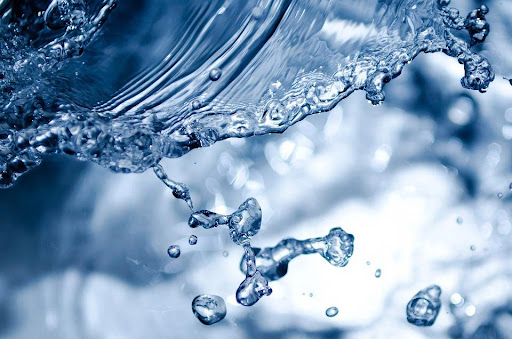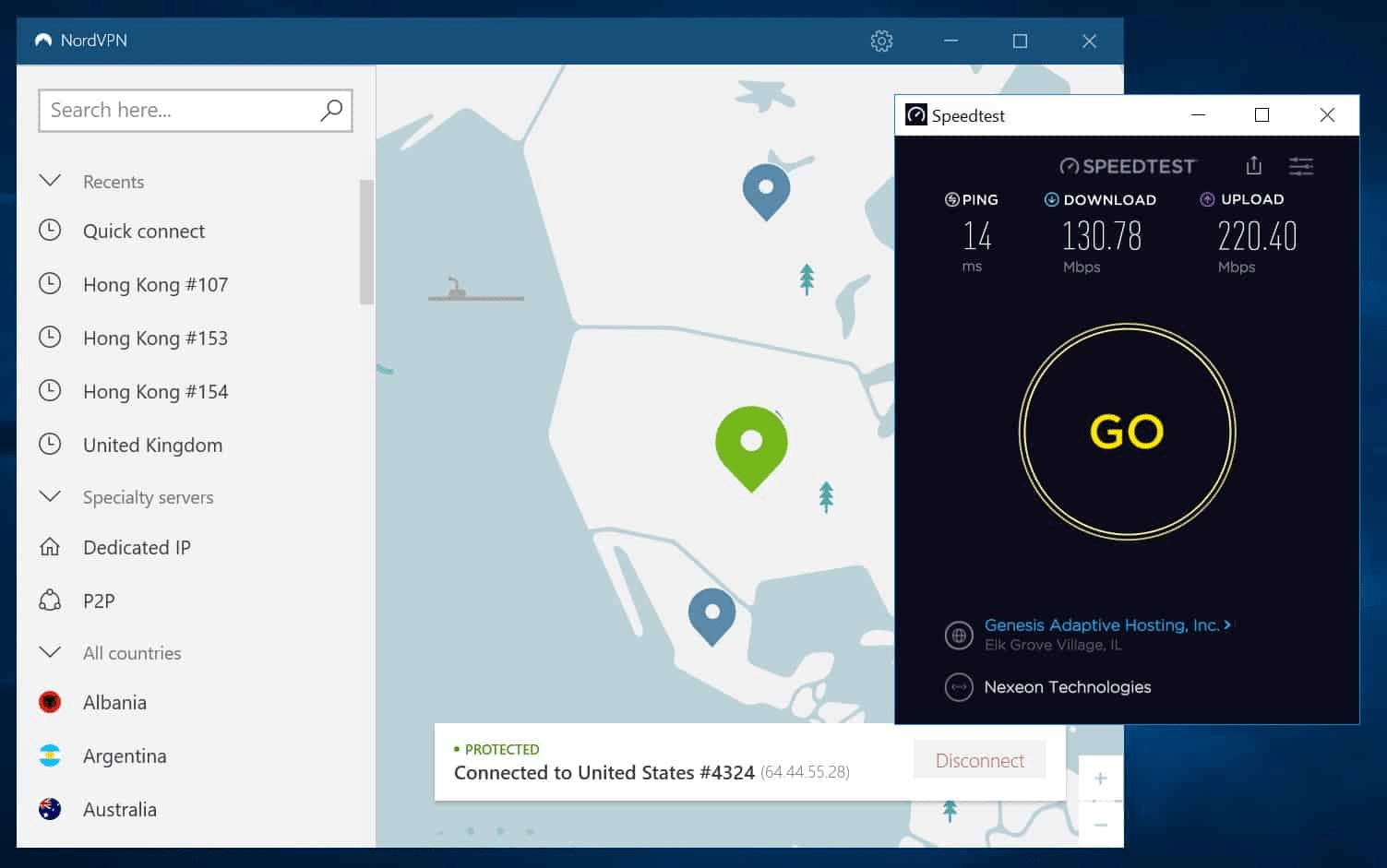How To Check If Your Tap Water Is Of Good Quality
Have you ever wondered if the water that comes out of your tap is safe to drink? You’re not alone. In fact, many people are concerned about the quality of their tap water. The good news is that there are ways to check whether or not your water is safe for consumption. In this article, we will discuss how to test your water and what to do if it’s not up to par.
How To Check What’s In Your Water
The best way to test the quality of your tap water is to have it analyzed by a lab. You can go now and get a free waster consultation. This process is called water testing, and it can be used to determine a variety of things, including:
-The presence of harmful contaminants
-The amount of chlorine in the water
-The mineral content of the water
-The pH level of the water
If you’re not comfortable with having your water tested by a lab, there are other ways to assess its quality. One way is to look at your local drinking water report. This report will list all of the contaminants that were found in your area’s drinking water, and it will also provide information about how each one affects human health. It’s important to note that not all contaminants will be listed on your drinking water report. For example, if you’re concerned about lead in your water, you can have it tested for lead specifically.
Another way to check the quality of your tap water is to do a visual inspection. This involves taking a look at the water itself and checking for things like:
-Color
-Cloudiness
-Odor
-Texture
If you see any of these signs, it could mean that there are contaminants in your water, and you should have it tested as soon as possible.
A Whole House Water Filtration System May Be Necessary
Even if your water passes all of the tests mentioned above, that doesn’t mean it’s safe to drink. Some contaminants, like lead and arsenic, are known to cause health problems even in small amounts. If you’re concerned about the safety of your tap water, you may want to consider installing a whole house water filtration system. These systems are designed to remove harmful contaminants from your water before it enters your home. Not only will this improve the quality of your drinking water, but it will also make your laundry and dishes smell better and look cleaner.
Mechanical Filters vs. Chemical Filters
When it comes to choosing a whole house water filtration system, you have two options: mechanical filters or chemical filters. Mechanical filters work by trapping contaminants in a filter media, while chemical filters use a variety of chemicals to remove contaminants from the water. Both types of filters have their pros and cons, so you will need to decide which type is best for your home. You can ask your local water treatment professional for help to decide which type of filter is right for you.
Reverse Osmosis Filters
If you’re looking for a filter that will remove a wide variety of contaminants, reverse osmosis is the way to go. Reverse osmosis filters are effective at removing viruses, bacteria, pesticides, lead, arsenic, and more. They also produce clean water that is safe for drinking and cooking. However, reverse osmosis filters can be expensive and often require regular maintenance. That being said, they are a great option for people who are concerned about the quality of their tap water.
UV Filters
Ultraviolet (UV) filters are another option for homeowners who are concerned about the safety of their tap water. UV filters use ultraviolet light to kill harmful contaminants like bacteria and viruses. They are an affordable option, and they don’t require any regular maintenance. However, they are not as effective at removing heavy metals or other chemicals from the water. UV filters are best used in combination with another type of filter.

Although tap water is generally safe to drink, it’s important to test its quality regularly. If you’re concerned about the safety of your water, you may want to consider installing a whole house water filtration system. These systems are designed to remove harmful contaminants from your water before it enters your home. Not only will this improve the quality of your drinking water, but it will also make your laundry and dishes smell better and look cleaner. If you’re not sure which type of filter is best for your home, a water filtration specialist can help you decide. They will take into account things like the size of your home, the type of contaminants in your water, and your budget to recommend the right filter for you. We hope this article was helpful!









